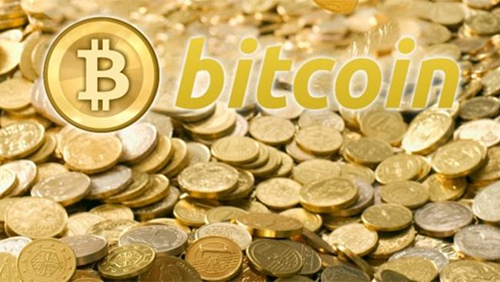 News of Thailand deciding to ban Bitcoin caught a lot of people by surprise, not so much because a country actually did ban the crypto currency, but because it was the first to do so. News of autocratic countries – a government where power lies on the decision’s of one man – taking this step wouldn’t have been surprising, but Thailand?
News of Thailand deciding to ban Bitcoin caught a lot of people by surprise, not so much because a country actually did ban the crypto currency, but because it was the first to do so. News of autocratic countries – a government where power lies on the decision’s of one man – taking this step wouldn’t have been surprising, but Thailand?
Thailand with its well-developed infrastructure and free-enterprise economy?
Yeah, a lot of people didn’t see that one coming.
But the question that’s now being thrown around is: did Thailand really ban Bitcoin, or has there been a misunderstanding of sorts?
Bitcoin adviser Michael Parsons recently talked to The Voice of Russia days after news of Thailand banning Bitcoin broke and the former clarified that Thailand’s Central Bank did not ban bitcoins outright. What it actually did was issue a preliminary ruling that using the cryptocurrency was illegal. There was no explicit announcement like “Hey! We’re banning Bitcoin!” coming from the country’s Central Bank, which, incidentally, doesn’t have the constitutional right to ban anything.
According to Parsons, the “ban” was announced by an actual exchange, meaning that it didn’t come from the Thai government or the Central Bank and no Parliamentary act in the country produced a bill that called for such to happen. “So, the ban is like advice,” Parsons said before adding
“There isn’t really a ban in place to my knowledge, anyway.”
Bitcoin’s growingly popular, albeit highly unconventional system doesn’t make use of governments or central banks. Instead, it operates on the premise of an open-source software program that relies on people making transactions with each other. Even if a country did ban the use of bitcoins, actually enforcing the ban would a completely different animal, something Frankie Bishop, a virtual currency consultant, told The Voice of Russia as difficult to almost impossible” for anybody to enforce.
In the case of Thailand, reports of the country banning the virtual currency outright may have been a stretched explanation of what it really happened, which, as has been reported, involved Thai authorities working out the ways on how it can control the flow of bitcoin in and out of its country and how the government can profit from it.





